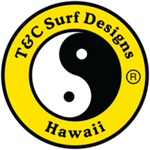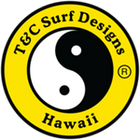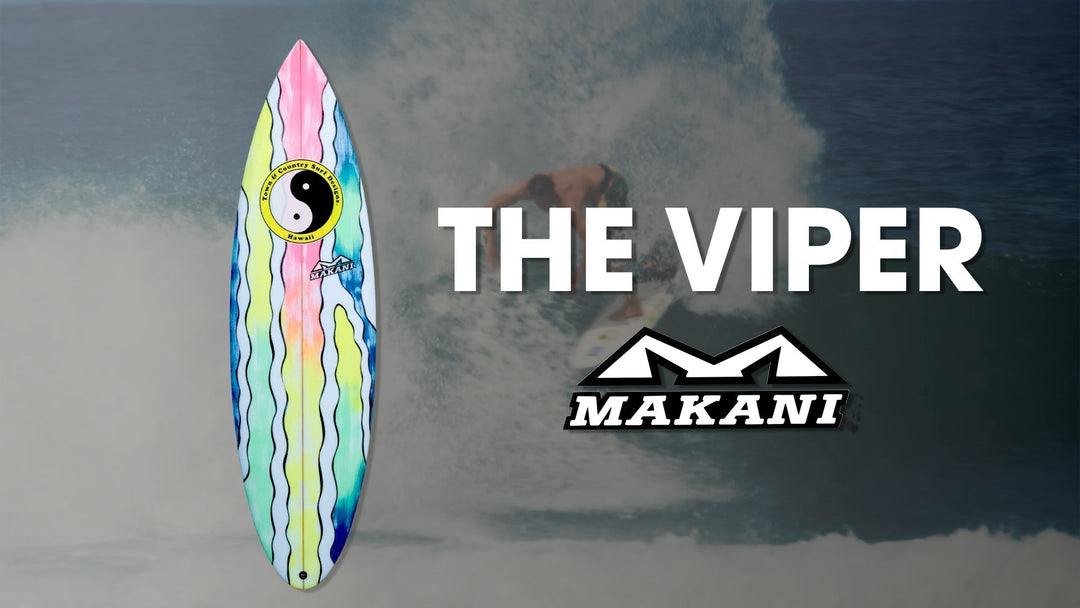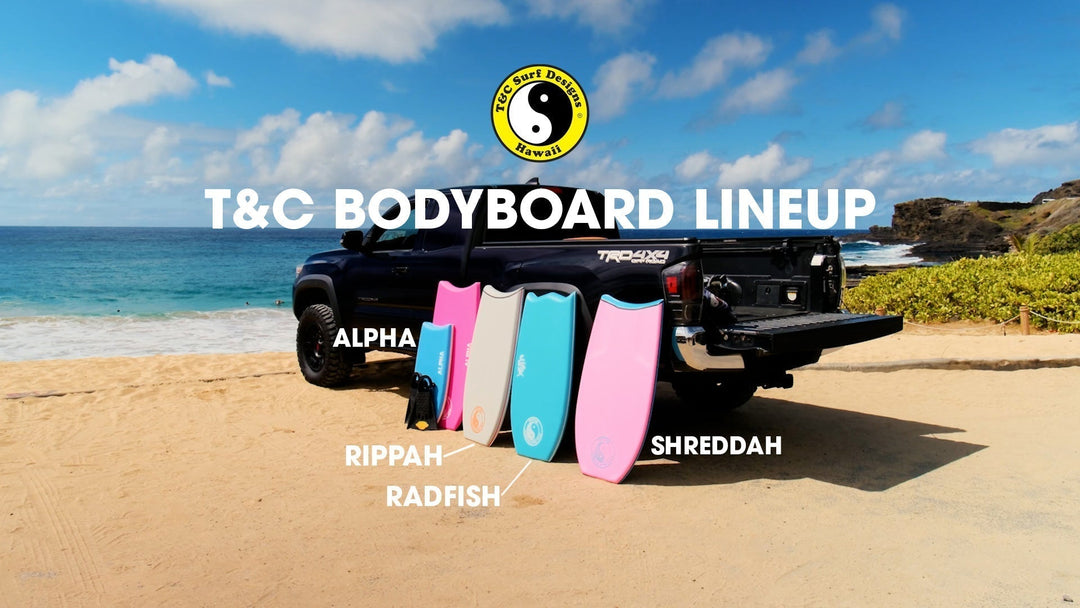Non-Profit Spotlight: The Surfrider Foundation
We would like to turn attention to one of our longtime favorite non-profit organizations, the Surfrider Foundation.
 Since its formation in 1984, the Surfrider Foundation has been on the front lines of legal and civil battles for our oceans and coastlines. Some of these battles include gaining beach or surf access and halting residential or commercial development that would threaten coastlines and coastal waters. They also work with lawmakers across the country to achieve progressive bans on single use plastics. With the organization recording 600 victories since its inception, and with over 100 active campaigns and 176 chapters and student clubs, they show no signs of slowing down. They are one of the largest grassroots organizations in the nation and the most beloved organization in the surf community.
Since its formation in 1984, the Surfrider Foundation has been on the front lines of legal and civil battles for our oceans and coastlines. Some of these battles include gaining beach or surf access and halting residential or commercial development that would threaten coastlines and coastal waters. They also work with lawmakers across the country to achieve progressive bans on single use plastics. With the organization recording 600 victories since its inception, and with over 100 active campaigns and 176 chapters and student clubs, they show no signs of slowing down. They are one of the largest grassroots organizations in the nation and the most beloved organization in the surf community.
The Surfrider Foundation was formed by Glenn Hening, Lance Carson, Tom Pratte, Chris Blakey, and a group of surfers. It began with simply wanting to effect change at their local surf break in Malibu, California. The group presented solutions to California State Park officials at a public hearing and won. The years that followed brought more local victories which in turn led to victories nationally and internationally. Specifically, in 1985 the Surfrider Foundation convinced the Santa Barbara County Board of Supervisors to lift a no-surfing ordinance at the Santa Maria Rivermouth in Santa Barbara County, California. In 1989, in a landmark decision, the foundation stopped the development of a marina at Bolsa Chica State Beach in Huntington Beach, California.
 In the early 90’s, the Surfrider Foundation formed the Blue Water Task Force (BWTF), a program to conduct volunteer-run water testing, education and advocacy. Surfrider chapters use BWTF to provide valuable public health information to beachgoers, creating public awareness and the political will to find and fix sources of coastal pollution. In 1991, the Surfrider Foundation won the second largest Clean Water Act lawsuit in United States history against two pulp mills in Humboldt County, California. As the U.S. coasts continued to be threatened by dirty water, irresponsible coastal development, the loss of beach access and destruction of its ecosystems, the need for coastal preservation grew. In 1992, the foundation branched out and formed the Surfrider chapter network, with the first chapters chartered in Orange County and San Diego County, California. By 1993, they would have affiliates in Europe, Australia, Japan, and Brazil.
In the early 90’s, the Surfrider Foundation formed the Blue Water Task Force (BWTF), a program to conduct volunteer-run water testing, education and advocacy. Surfrider chapters use BWTF to provide valuable public health information to beachgoers, creating public awareness and the political will to find and fix sources of coastal pollution. In 1991, the Surfrider Foundation won the second largest Clean Water Act lawsuit in United States history against two pulp mills in Humboldt County, California. As the U.S. coasts continued to be threatened by dirty water, irresponsible coastal development, the loss of beach access and destruction of its ecosystems, the need for coastal preservation grew. In 1992, the foundation branched out and formed the Surfrider chapter network, with the first chapters chartered in Orange County and San Diego County, California. By 1993, they would have affiliates in Europe, Australia, Japan, and Brazil.
The list of victories for the environment continued from little wins like gaining beach access for surfers in New Jersey in 1994, to settling a lawsuit with the City of Honolulu, Hawaiʻi for over 13,000 Clean Water Act violations at Kailua Bay in 1995. They stopped a bill that would have opened the coastline to gas and oil exploration in Virginia. They saved Trestles by halting a toll road extension that would threaten San Onofre State Park in Southern California. Surfrider, along with Native Hawaiian groups successfully mobilized lawmakers to oppose a golf course and luxury homes overlooking Honolua Bay on Maui. They also worked to expand the Papahānaumokuākea Marine National Monument making Hawaiʻi home to the largest marine protected area on earth.
The wins for the environment over the decades have grown the organization into a vast grassroots activist network, fueled by a community of individuals with a love for the ocean and environment. This activist network is essential to the foundation’s success and is the core of who they are and what they do. This sets the Surfrider Foundation apart from other large non-profits, as it is a direct action organization. Which means they aren’t paying outside organizations or others to go out and lobby or fight their battles for them. It all comes from a multitude of individuals passionate about the environment, taking action.
 Even if you’re not a surfer, anyone who cares for the environment, specifically marine and coastal ecosystems, can make an impact through your local Surfrider chapter. Whether it’s volunteering your time to one of their beach cleanups or programs such as their Ocean Friendly Gardens, where soil is used as a sponge to collect pollution and restore helpful functions of watersheds before they reach the sea. Or their Blue Water Task Force program where volunteers measure bacteria levels at estuaries, bays, ocean, and freshwater sources in order to raise awareness of local pollution problems. And of course, if you cannot donate your time, you can always donate money, of which 100% goes toward the cause of preserving the oceans, lakes and streams that give us life.
Even if you’re not a surfer, anyone who cares for the environment, specifically marine and coastal ecosystems, can make an impact through your local Surfrider chapter. Whether it’s volunteering your time to one of their beach cleanups or programs such as their Ocean Friendly Gardens, where soil is used as a sponge to collect pollution and restore helpful functions of watersheds before they reach the sea. Or their Blue Water Task Force program where volunteers measure bacteria levels at estuaries, bays, ocean, and freshwater sources in order to raise awareness of local pollution problems. And of course, if you cannot donate your time, you can always donate money, of which 100% goes toward the cause of preserving the oceans, lakes and streams that give us life.
Hawai’i currently has 3 active chapters (Kauaʻi, Maui, and Oʻahu) with plans to restart the Kona Chapter. The Chapters are all volunteer run and are always looking for more people to get involved and lend a hand with programs such as beach cleanups and the Blue Water Task Force where volunteers gather monthly or bi-weekly water quality samples to test for fecal indicator bacteria and alert the public if the water is safe for swimming.
 Find more info about these and other programs, please view their Hawaii regional page hawaii.surfrider.org
Find more info about these and other programs, please view their Hawaii regional page hawaii.surfrider.org
In addition to their volunteer programs, the Surfrider Foundation has a number of active campaigns going on at any one time. The biggest most recent campaign victory is the Lahaina injection wells win at the Supreme Court, a clean water lawsuit that has been going on for over a decade that was billed as the “clean water case of the century.” The Foundation also does a lot of policy work, not only with plastics but also to protect water quality and maintain beach access. There are so many ways to get involved and make a lasting impact in your community. One could write volumes on all that the Surfrider Foundation has done and continues to do. This blog can only scratch the surface of the importance of organizations like the Surfrider Foundation and what they mean for our oceans and earth for generations to come. Find out more at www.surfrider.org
Additional resources: How to organize your own beach clean up.





Leave a comment